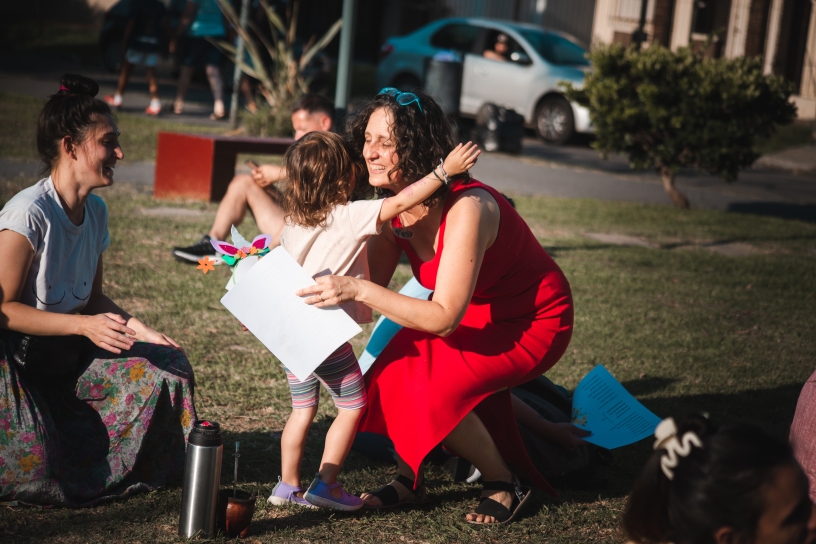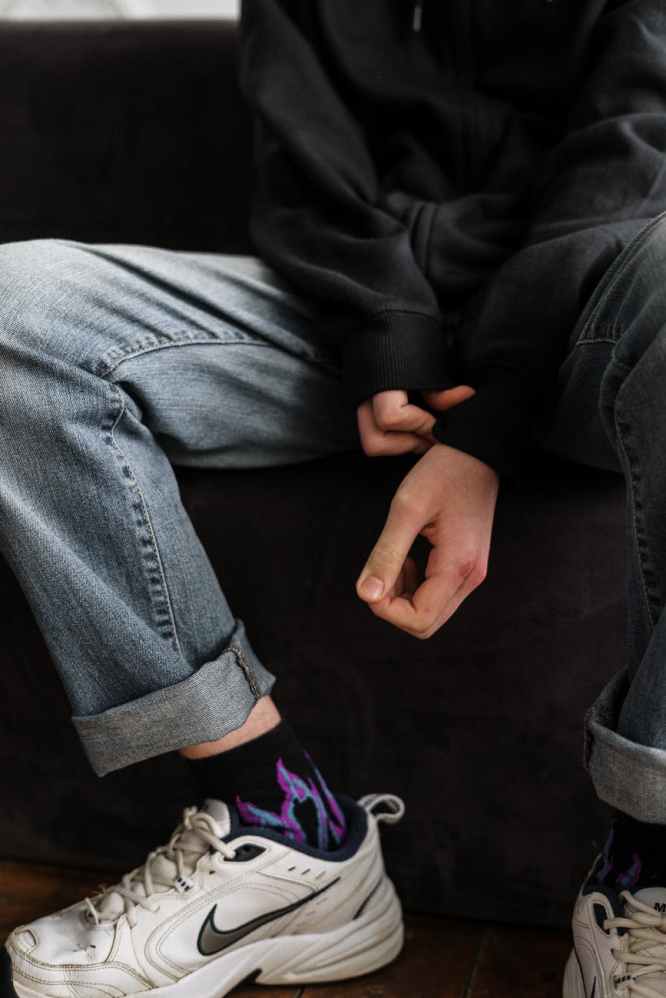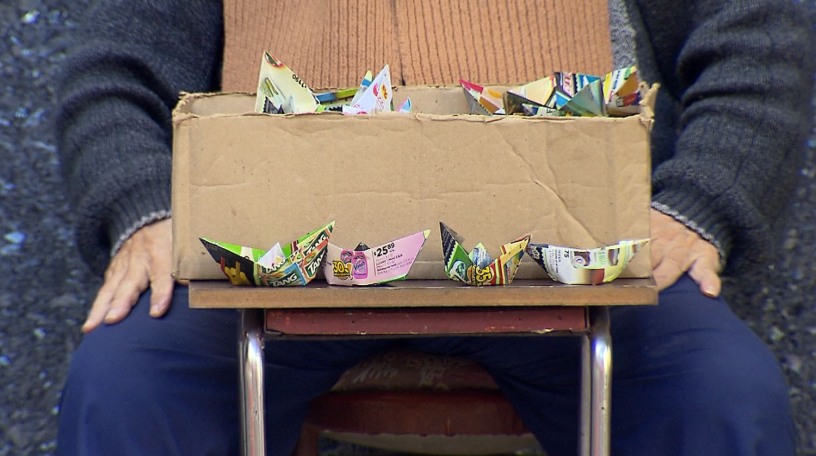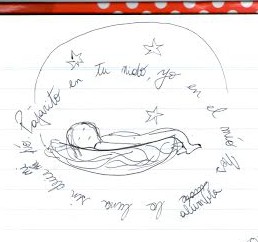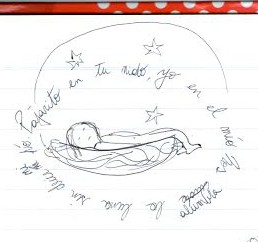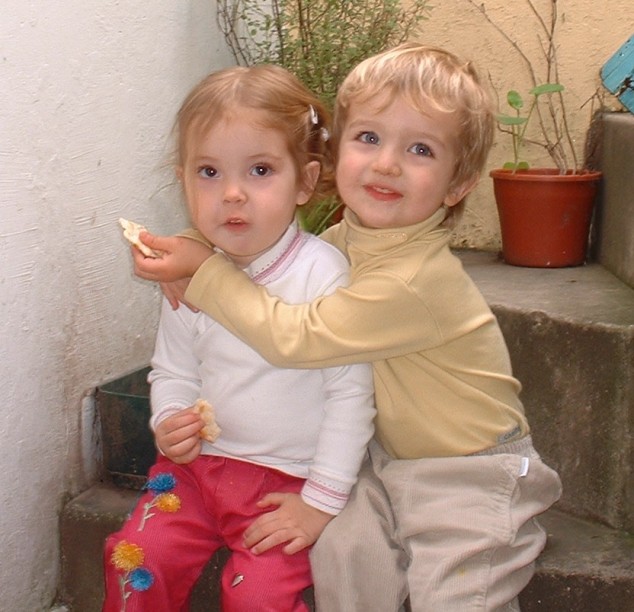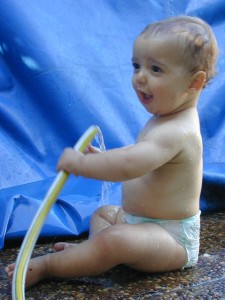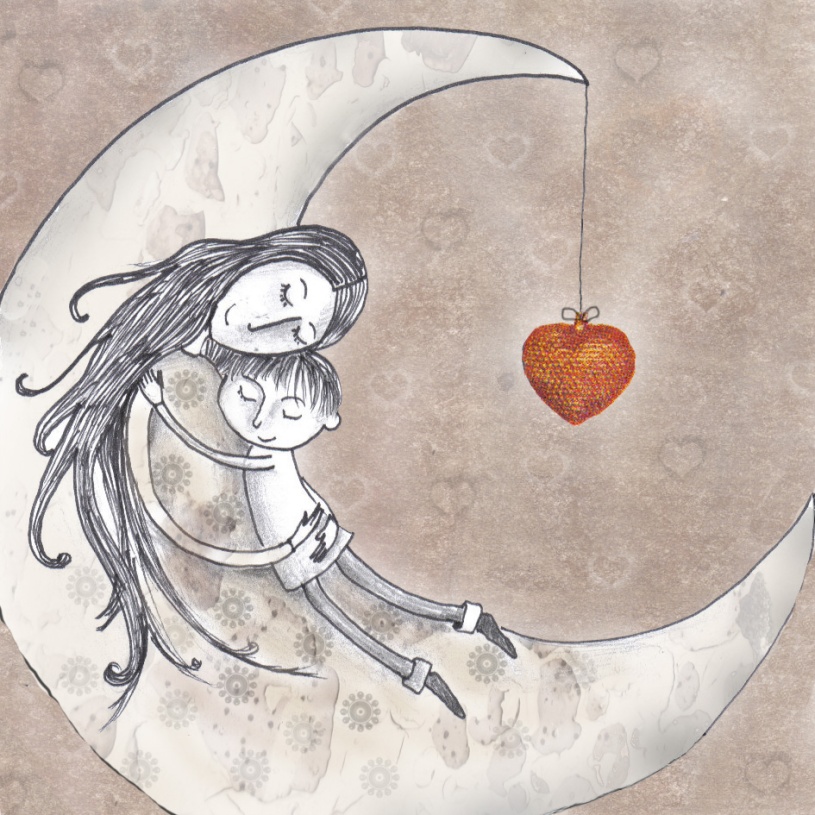You can check Otto Scharmer´s full article here
You can find A little Wild Fox, the Universal Laws of Free Play at Amazon or choose your favorite library here
Here are some of my takeaways from this valuable read (take them as independent single quotes):
Still, I feel strongly that the most important tectonic shift of our lifetime is yet to come. It will be more fundamental than the earlier shifts, as dramatic and life-changing as they were. It will be a profound shift of paradigm and consciousness in how we relate to each other, to Mother Nature, and to ourselves — and how we transform and rebuild our societal institutions in the face of our social and planetary emergencies.
So, depression and a sense of possibility. These are the two conflicting feelings I have as I tune in to our current moment: the déjà vu of repeated disruptions that amplify the noise of absencing, and simultaneously the acute sense of future possibility that many people feel, yet don’t know what to do with. The first feeling is well known — it’s amplified and retold millions of times every day. The second feeling is part of a more important and largely untold story of our time. It is usually crowded out by the noise of the first one. That second story is the golden thread that I will follow throughout the remainder of this blog. https://link.medium.com/U1yN6Tvjtob
We have to remember that only theories are contradiction-free. Reality is always full of contradictions.
In social science, the rules tend to be more fluid. They are determined by the state of the social field that people operate in — e.g., is it a field of creation or a field of destruction.
Leadership, in this view, is the capacity of a system to move from one type of social field (or social grammar) to another, as required by the situation or challenge at hand.
What was the force motrice? In each of these stories, I believe, we see the same force or mechanism. These changes were driven by a constellation of civic movements — peace movements, liberation movements, abolition movements, civil rights movements, women’s movements, and human development movements — that inspired others to join the cause. All of these movements were started by small groups of committed citizens who in one way or another created a support structure for themselves and others that allowed them to cultivate an intentional social field
Eventually, these movements helped societies to reimagine and reshape themselves for the better.
In other words, these movements operated from a felt connection to a different field of real possibility, the field of presencing a future that hasn’t manifested yet
The shift to activism happened when they experienced a personal connection to the cause through family or a close friend. In other words: it happened when they had an experience that touched (and opened) their heart.
NOT SEEING the collective impact that their actions have on the planet (denial); NOT FEELING the impact despite seeing the data clearly in front of them (de-sensing); and NOT ACTING, despite knowing the facts and already feeling the impact (collective apathy).
The feedback of the simulation illuminates the players’ blind spots. Yet their behavior remains largely unchanged until the results become experiential or personal. Crossing the threshold from apathy to action requires letting go of the stakeholders’ ego-system awareness and developing a shared ecosystem awareness of the whole. Once that is in place, it leads to swift, decisive action.
form follows consciousness.” Attention matters
It’s not “I think, therefore I am.” But rather “I pay attention [this way], therefore it emerges [that way].”
You can turn away from it, or you can turn toward it. That choice, that subtle inner gesture, activates either the field of absencing or the field of presencing. Absencing is a freezing of the mind, heart, and will. Presencing is an opening of the mind, heart, and will, when you are facing disruption
What we need to bring about profoundly new civilizational forms is a pull from the future, not a push from the past
Starting small. By “starting small,” I mean starting in small circles and communities, both place-based and digitally linked, that are aligned around a shared awareness of the situation and a common intention for the future — a future that is different from the past.
Bridging the ecological , social and spiritual. the integration of the ecological, social, and spiritual aspects of transformation is a widely shared intuition, particularly among young people.
Weaving the Movement. So where will the transformative change that this decade and this century is calling for come from? From a movement, that emerges, works, and collaborates “from everywhere” (as the environmentalist and entrepreneur Paul Hawken put it recently).
It will be a movement that is inspired by the intuition that the ecological, social, and spiritual divides are not three problems; they are just three expressions of one and the same problem: the lack of a shared social field and grammar that all of us can access and operate from.
*Shifting Consciousness* While the second half of the 20th century was shaped by a conflict between two opposing socio-economic systems and their corresponding ideologies — capitalism and socialism — in the 21st century we see a different type of polarity. The fault line no longer runs between two opposing social systems. Today the fault line runs through the consciousness of each one of us. The most important fault line in 21st-century politics is the fault line between self and system.
Activating the Real Superpower. If we have learned anything from our responses to disruptive challenges like the COVID pandemic, the murders of George Floyd and Breonna Taylor, and Putin’s invasion of Ukraine, it may be this: the real superpower of our time is not the one that sits in Washington; it’s also not the one that sits in Beijing; and it’s certainly not the one that is sitting in the Kremlin. The real superpower of our time is Collective Action that emerges from Shared Awareness of the whole (CASA). Casa in Latin languages means house or home. We need to cultivate our capacity for CASA-type collective action in order to protect and regenerate our house and home: our land, our community, and our planetary eco-social-cultural ecosystems.
I have not tried to paint an optimistic view here. I don’t think that’s what’s needed today. No one needs an upbeat sugarcoating of something that is moving toward disaster. What’s needed today is a radical realism — one that can embrace the realities of both presencing and absencing. Radical realism aims at connecting to reality at the current and root levels: at the level of what is, and at the level of what wants to emerge. Radical realism says what most people already know: the journey forward is not going to be easy. Many more disruptions coming our way. But what matters most is that the future does not depend on these external disruptions. Instead, it depends on the inner place from that we operate when we respond.
But the main point is to not see the manifestation of absencing (or evil) as an enemy. Instead, we need to understand every act of absencing as creative energy gone wrong — creative energy that failed and that therefore went the other way, onto the path of destruction. All destruction and acts of absencing are manifestations of energy that was unable to realize its creative potential. To engage and transform that energy, we need to first find that place within ourselves.
Where are you an activist in building containers that foster architectures of connection (rather than those of separation); where are you creating and co-holding these learning infrastructures for yourself, for your team, and for the initiatives you participate in?
The future does not just depend on what other people do. The future on this planet depends on each and all of us and our capacity to realign attention and intention on the level of the whole.

